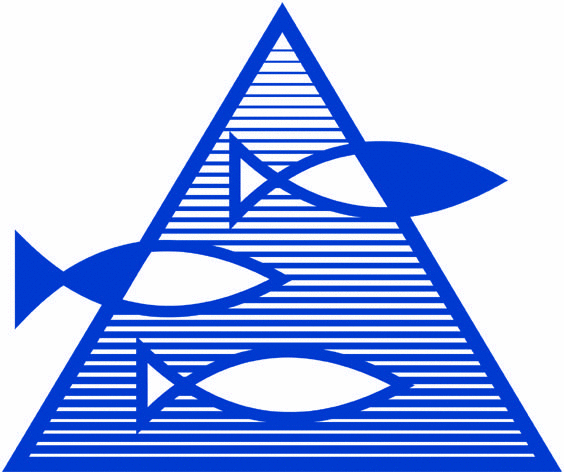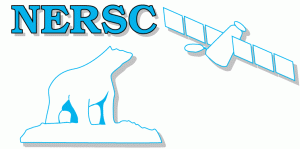IO PAS
www.iopan.gda.pl |
Institute of Oceanology Polish Academy of Sciences was established in 1951 and is the largest marine research institute in Poland. Its mission is focused on basic marine research, including the role of the oceans in climate change and its effects on European seas as one of the IOPAS strategic directions. The main areas of IOPAS research activity are the European Arctic Seas and the Baltic Sea. The IOPAS oceanographers have an extensive expertise both in analysis of environmental observations and running the state of the art numerical models. IOPAS brings own research vessel Oceania and necessary field equipment into the PAVE project. In the project IOPAS main focus will be on carrying out the physical and biological observations in the Fram Strait Branch under WP2 and studying the impact of AW variability in on sea ice coverage west and north of Svalbard and on changes in plankton communities in Fram Strait under WP6. A significant effort will be also devoted to the synthesis work in WP5. Leader of WP1, WP2 and WP5. |
IMR  www.imr.no www.imr.no |
Institute of Marine Research in Bergen, Norway, established in 1900, is a national center for research on coastal and ocean life and the marine environment. The institute has 19 research groups, and 10 research programs. Main tasks of the institute are: to study and monitor life cycles and interactions of different organisms in the ocean and coastal marine environment; to understand and quantify the role of climate variability and its implications for the dynamics of the marine ecosystems and to continuously update present knowledge of marine resources of importance to the fishing and aquaculture industries. The main objective of Oceanographic Research Group is to monitor, understand and predict ocean and climate variability and change, and to understand and quantify their impact on production, distribution and behavior of marine organisms. In the PAVE project the IMR main efforts will be in WP3 and WP4 with significant input to the synthesis work in WP5 and climate and biological studies in WP6. Leader of WP3 and WP4. |
NERSC  www.nersc.no www.nersc.no |
Nansen Environmental and Remote Sensing Centre in Bergen, Norway is an independent non-profit research foundation affiliated with the University of Bergen. The Center employs about 60 persons and conducts basic and applied research in polar, climate and marine sciences. In the Arctic NERSC provide the expertise in sea-ice remote sensing and numerical modelling. In PAVE NERSC will be responsible for running the high-resolution model of primary production in WP4 and analysis of model and observations results with respect to the AW impact on primary production changes in WP6. Leader of WP6. |

 www.imr.no
www.imr.no www.nersc.no
www.nersc.no